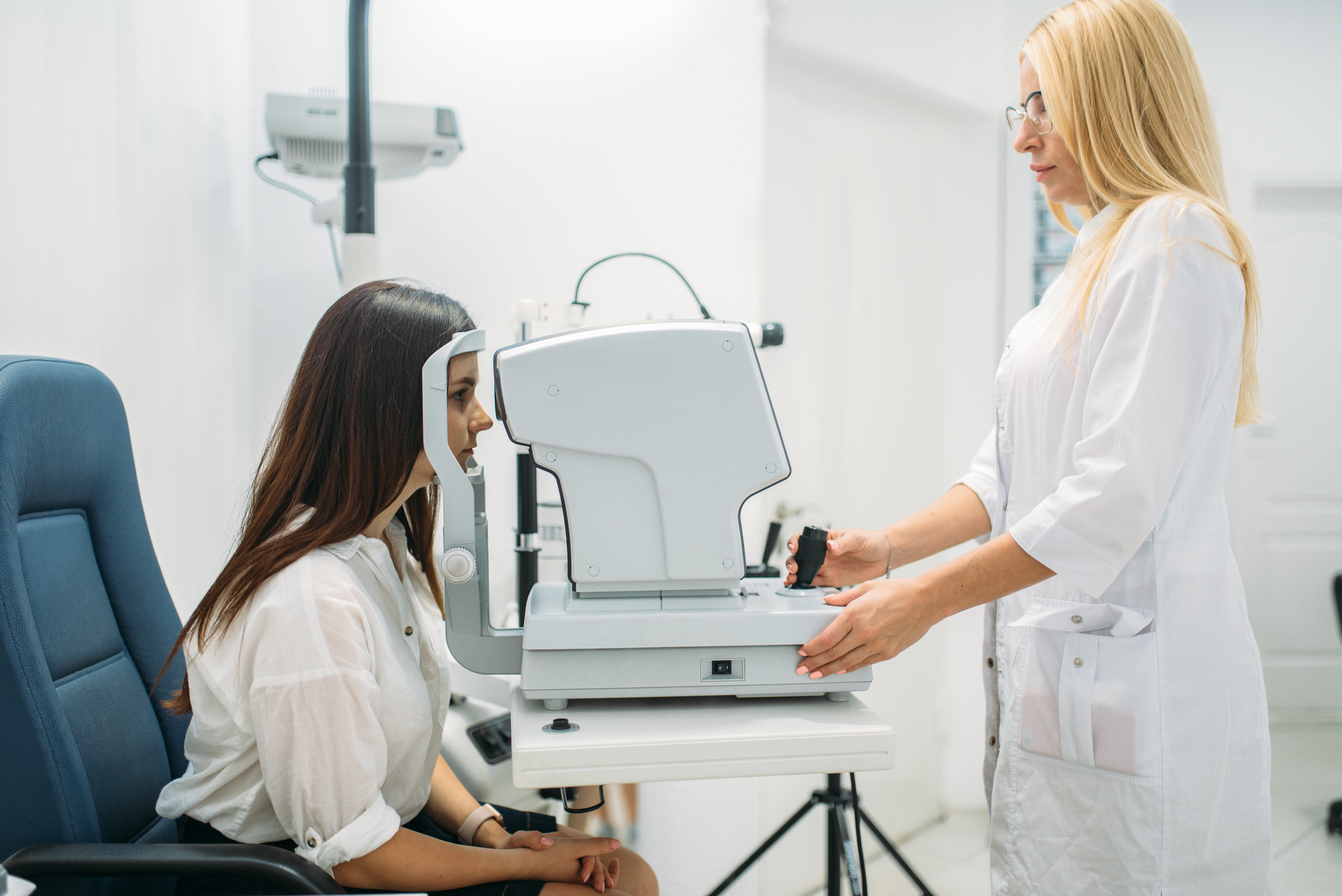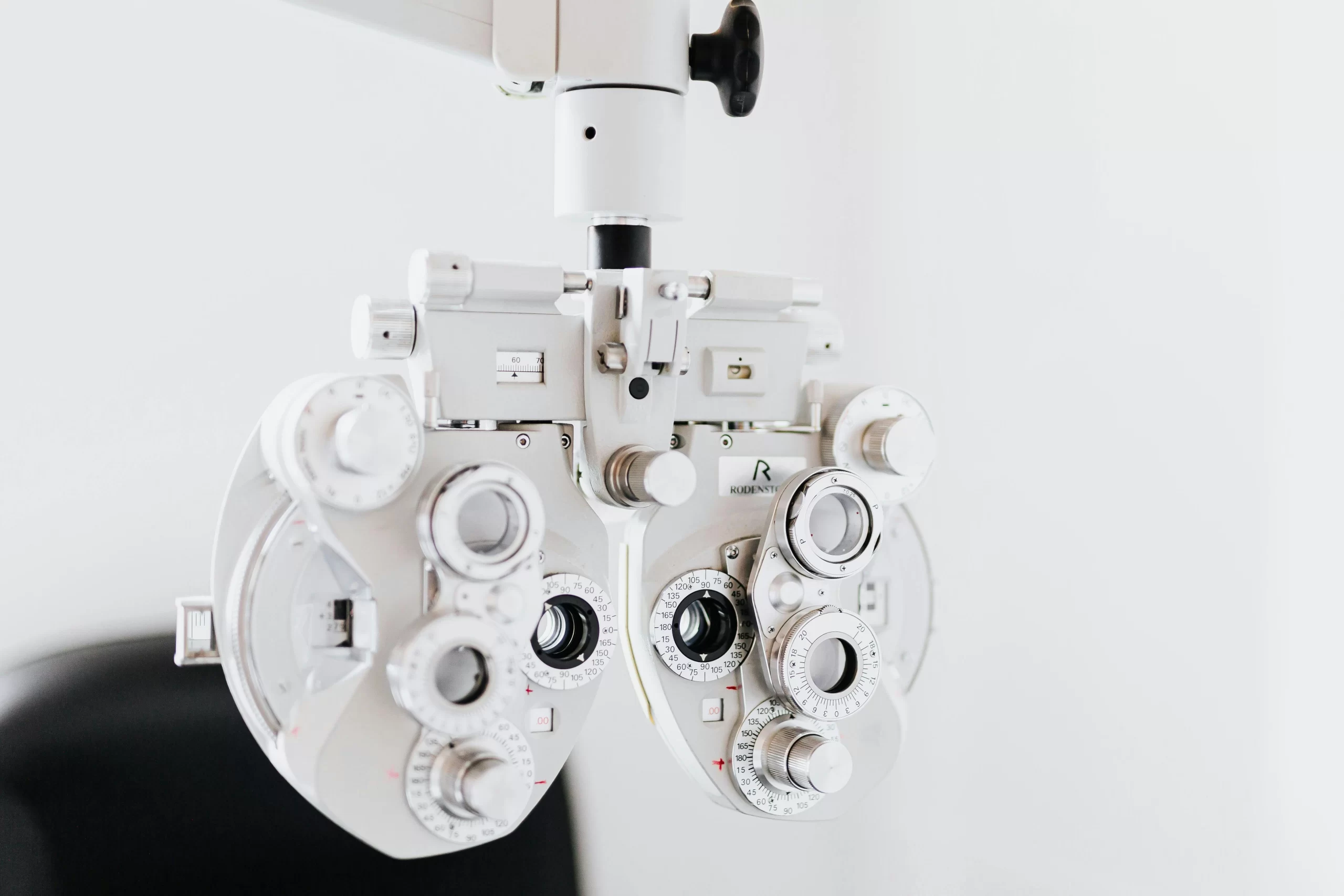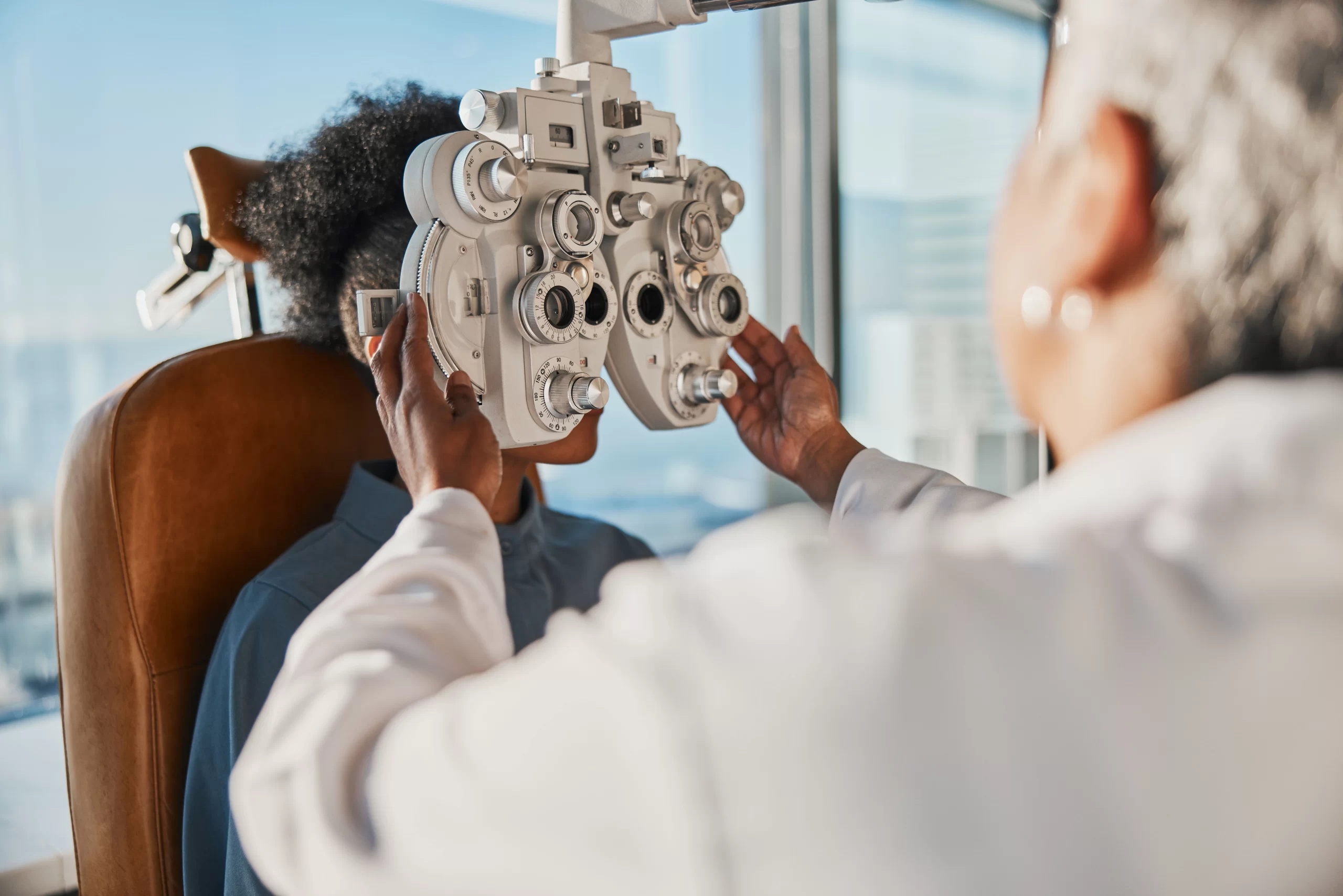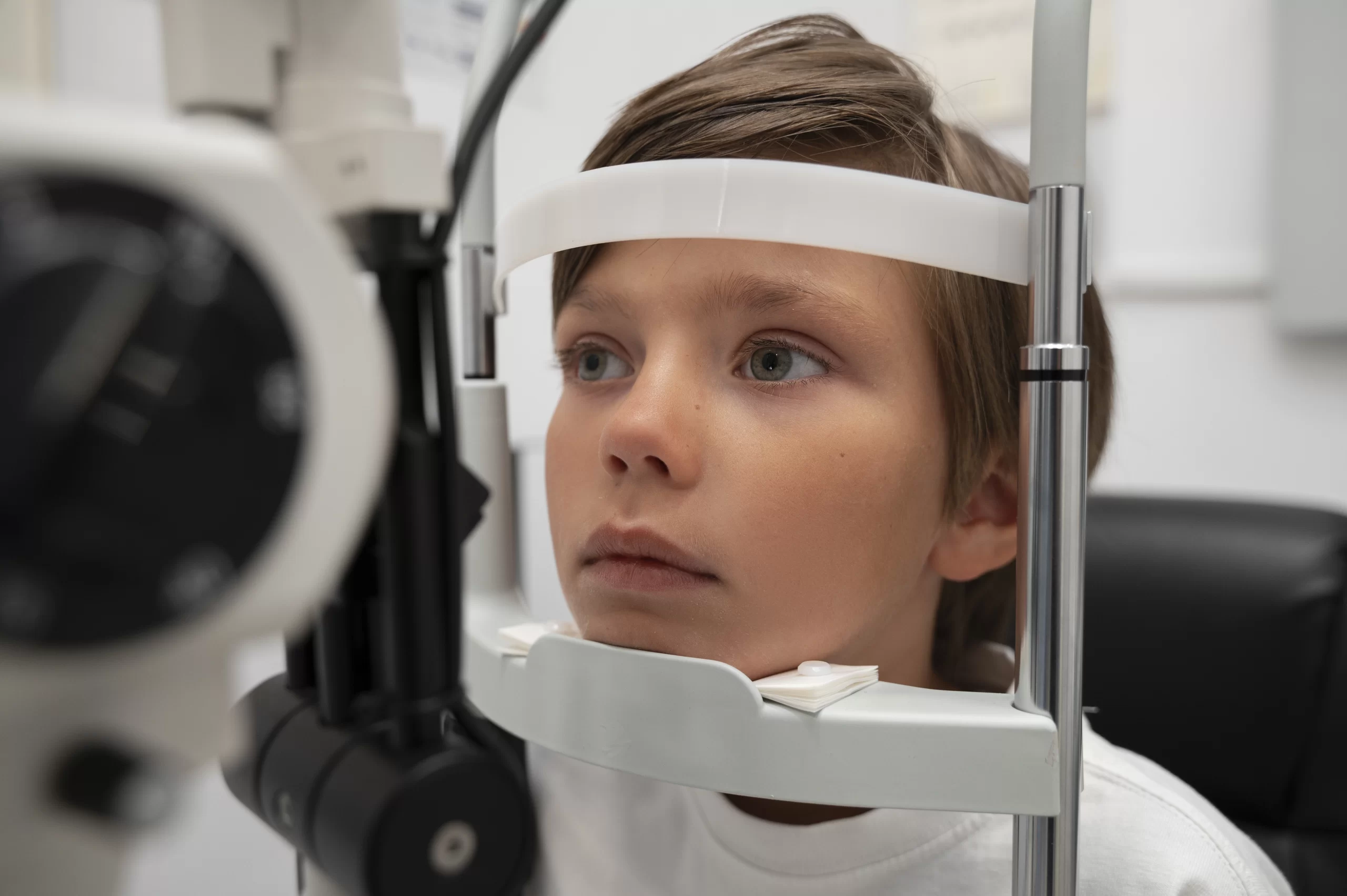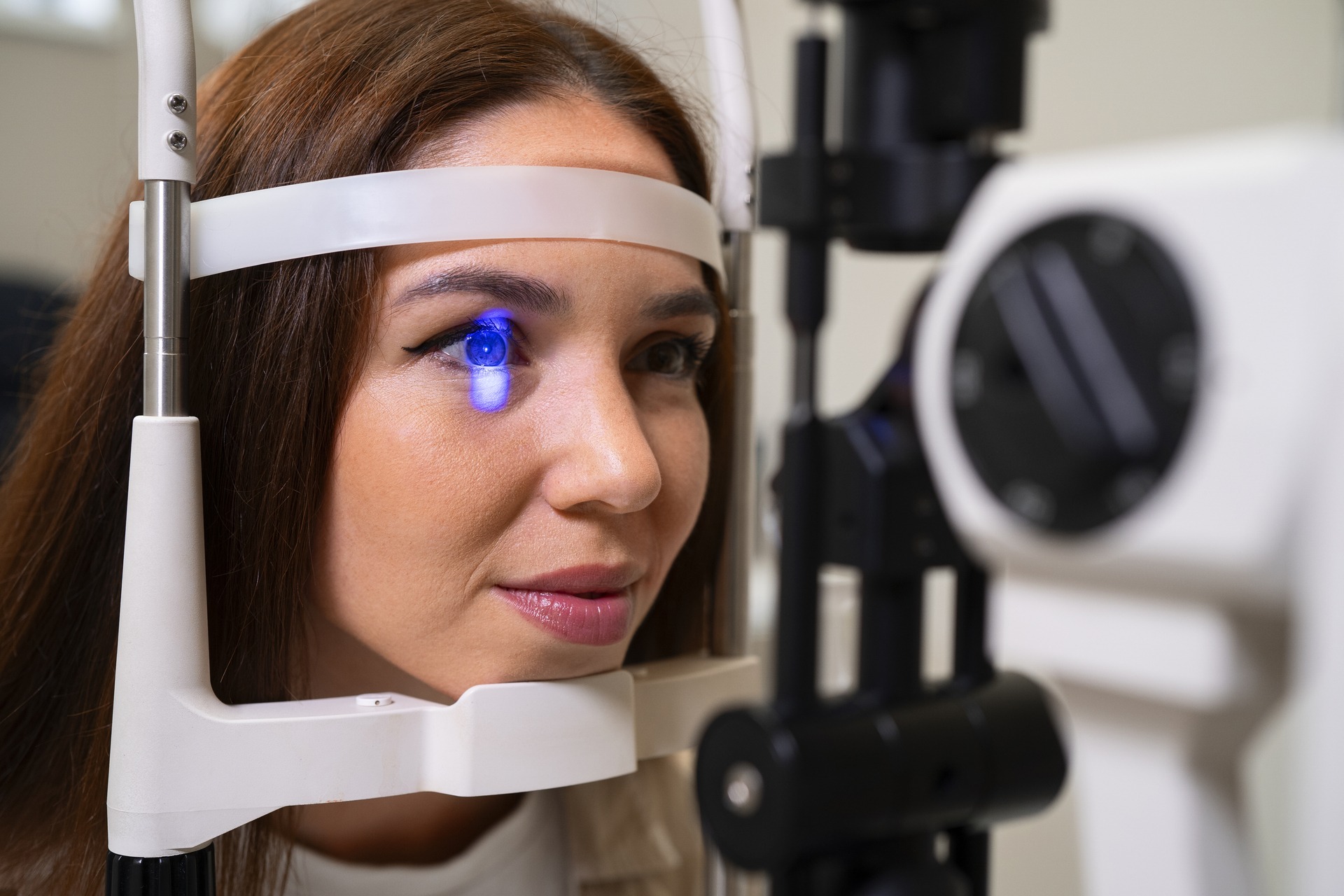Astigmatism is a common vision condition that typically does not go away on its own. While mild astigmatism might not require treatment, moderate to severe cases can be effectively corrected with glasses or contact lenses. Regular eye exams are essential for monitoring this condition and ensuring optimal vision correction.
If you’ve been diagnosed with astigmatism, you might wonder: can astigmatism go away naturally, or is it a permanent condition? In this article, we’ll explore what astigmatism is, whether it can go away, and how it can be managed with the right treatment options.
What Is Astigmatism?
Before discussing if astigmatism can go away, it’s important to understand what this condition is. Astigmatism is a common vision problem caused by an irregularly shaped cornea or lens. Instead of having a perfect spherical curvature like a basketball, an astigmatic eye has a shape more like a football, causing light to focus unevenly on the retina and resulting in blurred or distorted vision.
Can Astigmatism Go Away Naturally?
Many people ask: does astigmatism go away without treatment? The short answer is: not usually. Astigmatism is typically a structural issue with the eye, making it a permanent condition for most individuals. However, there are some exceptions:
- In children, mild astigmatism may improve as their eyes develop.
- The severity of astigmatism can change slightly over time.
- Temporary astigmatism may occur due to conditions like dry eyes or eyelid pressure, and might improve once the cause is treated.
So, while an astigmatism may appear to improve under specific circumstances, it rarely disappears completely on its own.
How Is Astigmatism Diagnosed?
At Elio’s Optical, our comprehensive eye exams include tests specifically designed to detect astigmatism:
- Visual acuity tests
- Keratometry to measure corneal curvature
- Corneal topography to create a detailed map of your cornea’s surface
Our experienced optometrists will not only diagnose astigmatism but also determine its severity and the best correction options for your specific case. We recommend scheduling an eye exam at any of our four locations if you suspect you might have astigmatism.
Treatment Options: How Astigmatism Can Be Corrected
While astigmatism may not go away on its own, the good news is that astigmatism can be corrected through non-surgical methods:
Eyeglasses
The most common and straightforward way to correct astigmatism is with eyeglasses. Special cylindrical lenses compensate for the irregular curvature of your eye, allowing light to focus properly on your retina. After your eye exam at Elio’s Optical, our specialists can help you select the perfect frames and high-quality lenses specifically designed for astigmatism correction.
Contact Lenses
For those who prefer not to wear glasses, contact lenses are an excellent option. Several types of contacts can correct astigmatism:
- Toric soft contact lenses designed specifically for astigmatism
- Rigid gas permeable (RGP) contact lenses
- Hybrid contact lenses that combine features of both soft and RGP lenses
Our specialists at Elio’s Optical can help determine which type of contact lens would work best for your specific astigmatism during a comprehensive contact lens exam.
When to Seek Additional Care
For some patients with severe astigmatism or those interested in surgical correction options, our optometrists can provide referrals to trusted ophthalmologists. While we focus on non-surgical correction methods at Elio’s Optical, we’re committed to ensuring you receive the most appropriate care for your specific needs.
Is Astigmatism Always Permanent?
Although astigmatism itself rarely disappears completely, modern correction methods provided by optometrists are so effective that many people achieve perfect or near-perfect vision with proper glasses or contacts. In this sense, while the structural issue may remain, the visual symptoms of astigmatism can effectively “go away” with appropriate correction.
When to See an Optometrist
If you’re experiencing symptoms that might indicate astigmatism, such as:
- Blurred or distorted vision
- Eye strain or discomfort
- Headaches, especially after visual tasks
- Squinting to see clearly
It’s time to schedule a comprehensive eye exam. At Elio’s Optical, we offer convenient appointments at all four of our locations in Miami, Deerfield, Vero Beach, and Doral. Our optometrists specialize in diagnosing and helping you manage astigmatism effectively.
Conclusion
To answer the big question — can an astigmatism go away? — not entirely. But it can be effectively managed and corrected with glasses or contact lenses. At Elio’s Optical, we’re committed to helping you achieve clear vision and comfortable eye care through personalized exams and expert recommendations.
Contact us today at any of our four South Florida locations to schedule your comprehensive eye exam and discuss your options for astigmatism correction.

